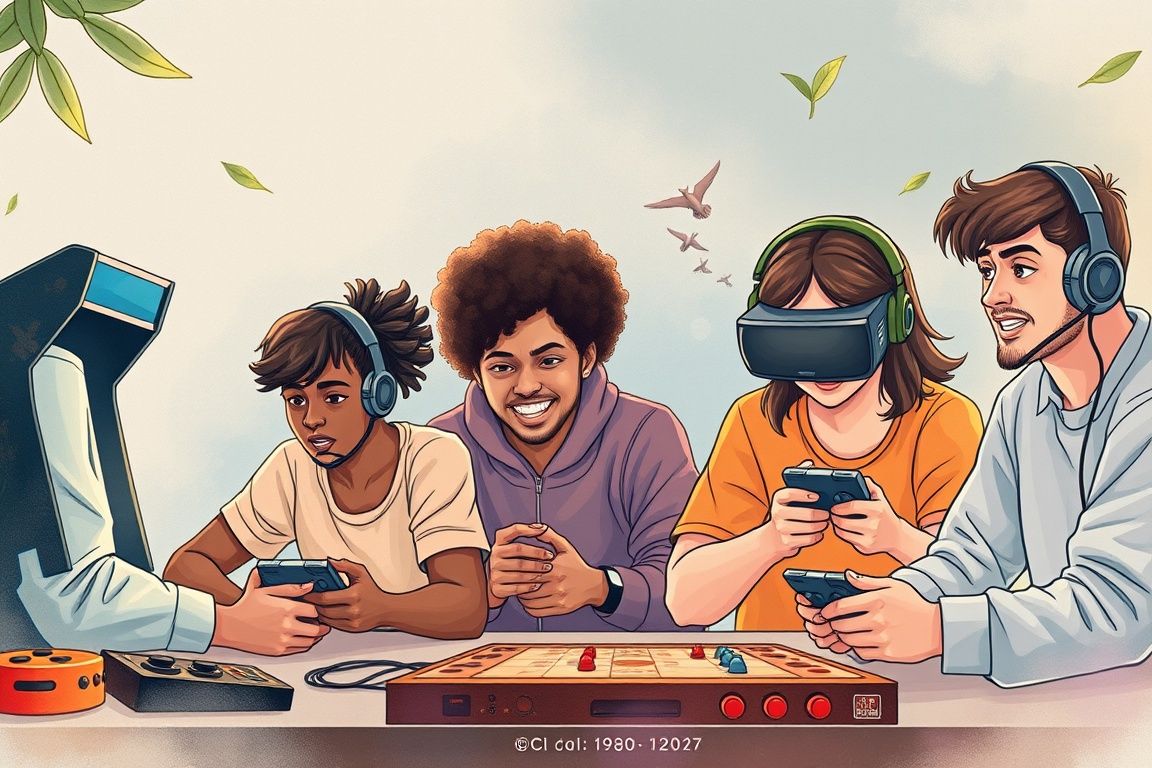Why It’s Worth It
Understand the historical context of game design to enhance future projects.
Learn advanced balancing techniques to ensure fair play in competitive environments.
Gain insights from real-world case studies to apply in your own game development.
Your Learning Roadmap
Foundations of Game Mechanics
This module covers the historical origins and basic concepts of game mechanics and competitive play, setting the stage for deeper explorations into advanced design and balancing. Historical Overview Defining Competitive Gaming Fundamentals of Balancing
Arcade Era and Early Innovations
This module delves into the technical constraints and creative problem-solving of the arcade era. Learners study how developers built early game mechanics, learned from design failures, and laid the groundwork for competitive balance. Arcade Strategies Technical Constraints Case Studies of Early Games
Rise of Competitive Gaming & eSports
This module studies key milestones in competitive gaming, the influence of tournaments, and the challenges developers faced in maintaining balance in evolving esports environments. Competitions and Tournaments Community and Meta eSports Regulations and Balancing
Advanced Balancing Frameworks
This module offers a deep dive into advanced balancing techniques, including mathematical models, game theory, and iterative design processes that developers use in modern game development for fair competitive play. Mathematical Modeling Game Theory and Risk Player Psychology Iterative Balancing Techniques
Future Trends and Development Practices
Focusing on forward-looking methodologies, this module discusses technological innovations, community-driven development, and modern case studies that illustrate current trends in competitive balancing and game design. Technological Innovations Community-Driven Development Case Studies in Modern eSports
What Users Are Saying
All You Need to Know
Enroll Now!
AI-driven learning experience for personalized feedback.
Interactive chat interface for real-time engagement.
Flexible learning that fits your schedule.
Deep dives into historical and modern game mechanics.
Case studies illustrate practical applications of theory.
Focus on community-driven approaches to game balancing.

